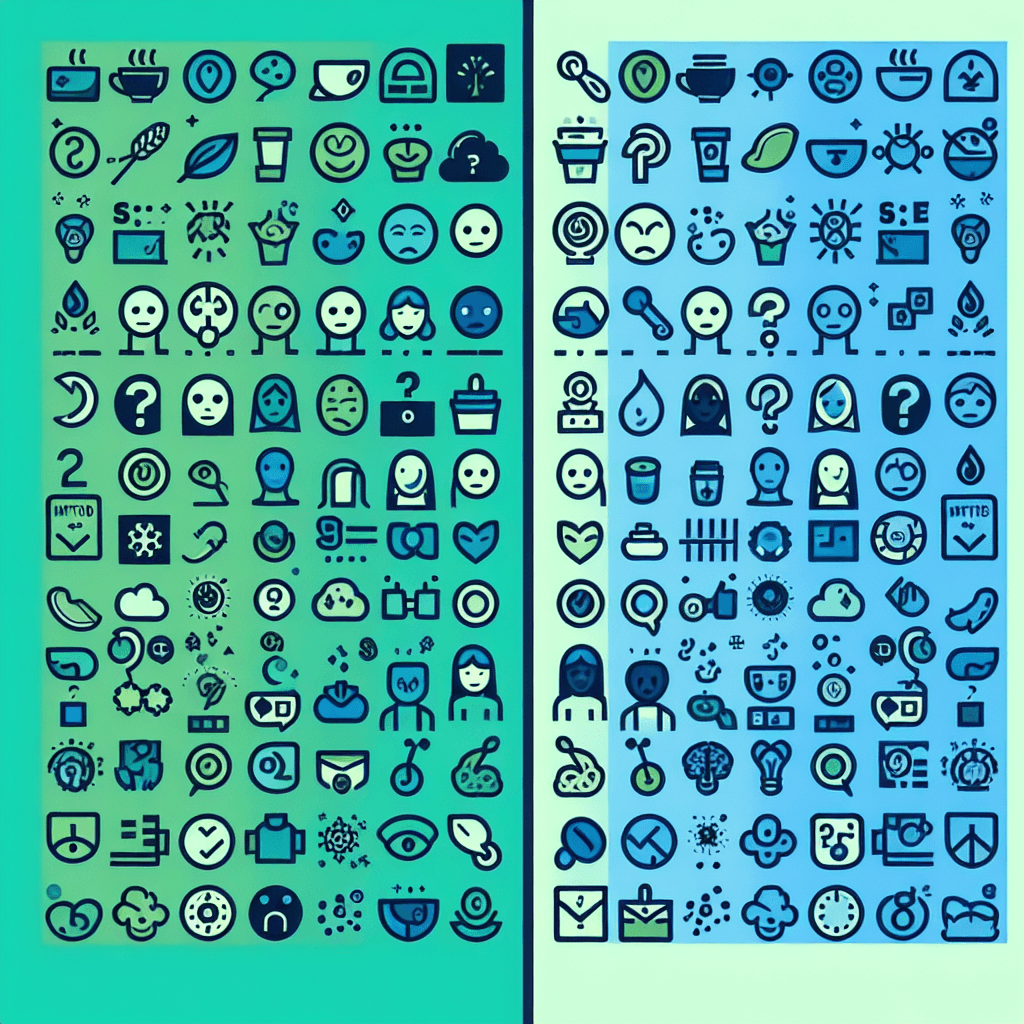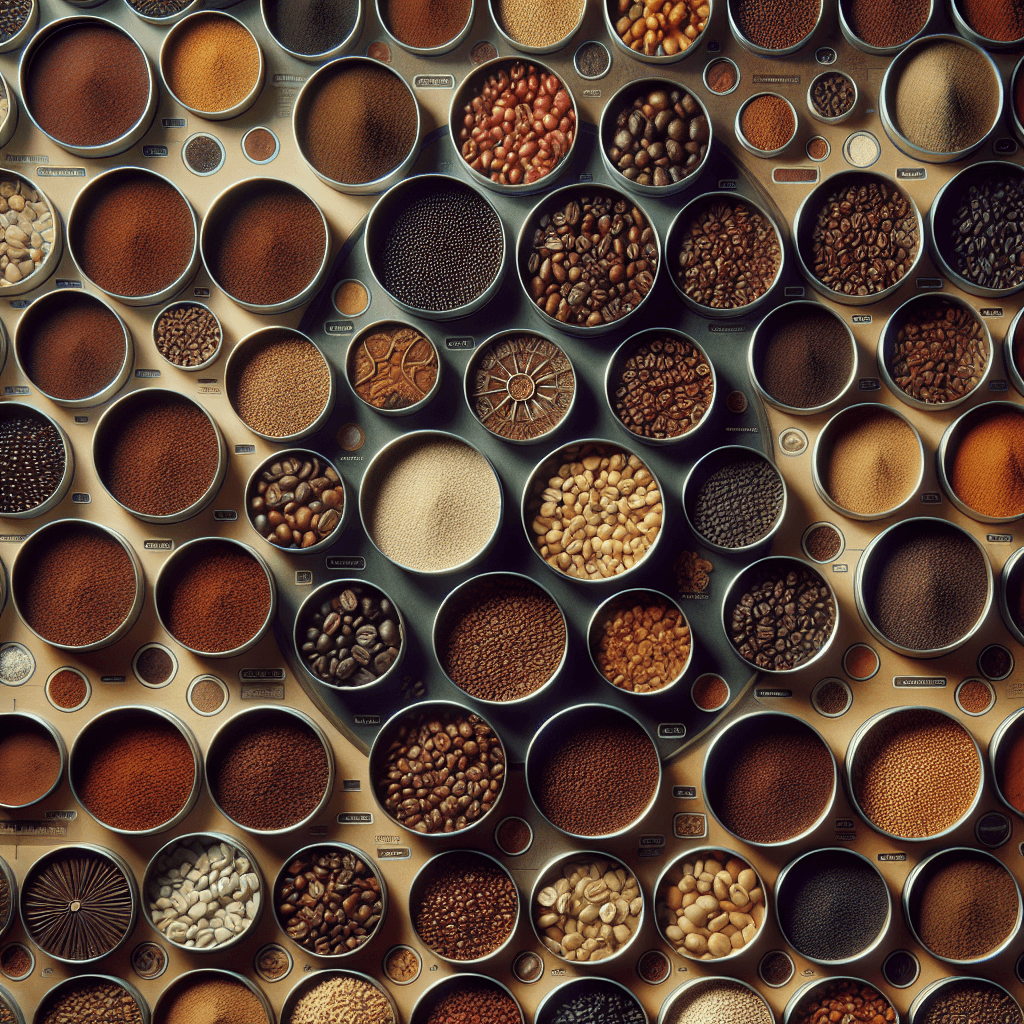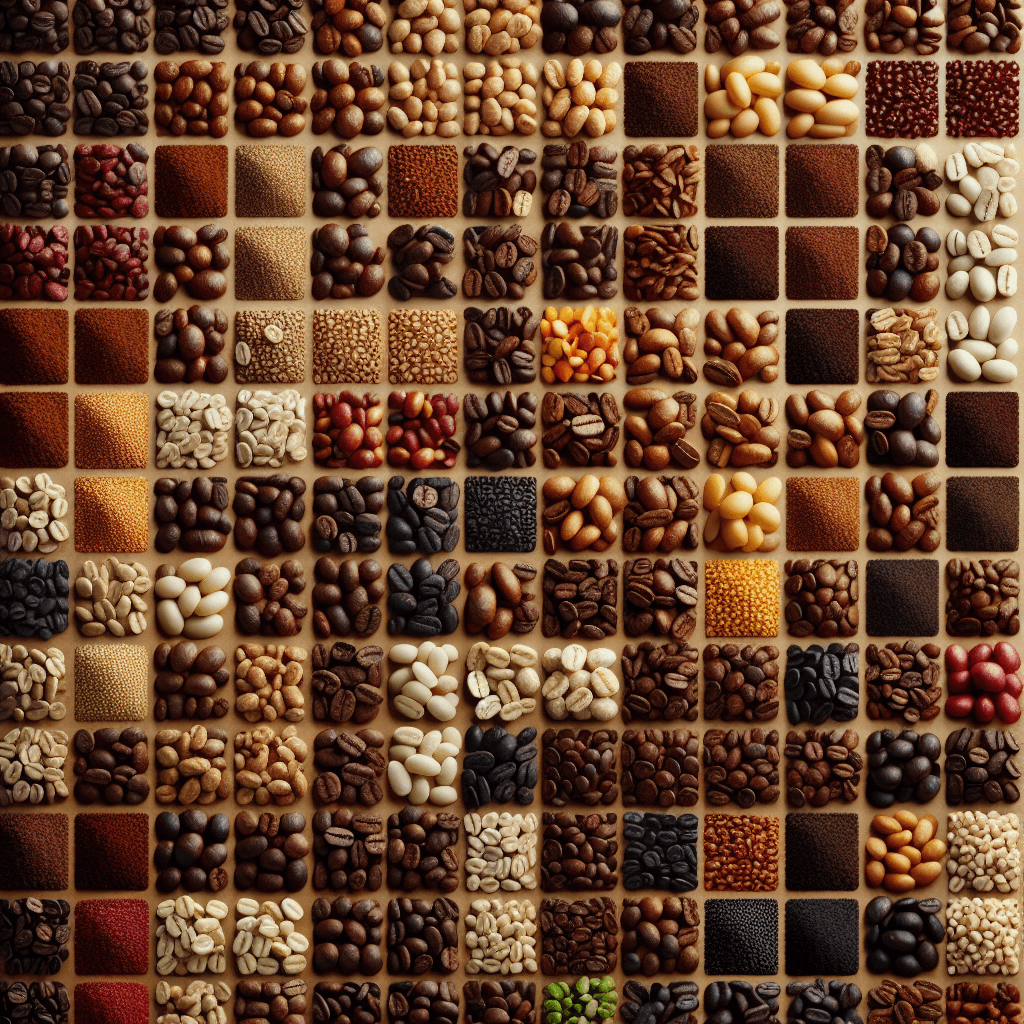Coffee and Mental Health: Myths vs. Facts
Coffee and Mental Health: Myths vs. Facts
Talk of coffee often brews up a great debates: Should you or shouldn't you sip? If there's one experience most of us share, it’s the love of a strong cup of java to kickstart our mornings. Yet, for as much as society loves its morning brew, we're always hearing conflicting information about our beloved bean juice and its impact on our mental health; it is a much-debated topic. So, let's try and stir the pot a little and filter out the myths from the facts.
Myth 1: Coffee Causes Anxiety and Depression
From a scientific perspective, coffee is not a direct cause of anxiety or depression. Caffeine does stimulate the nervous system, which can produce feelings of anxiety, particularly if consumed in excess. However, it is not the sole factor. Stress, genetics and environment also come into play. As for depression, some studies suggest that coffee may actually have protective benefits due to its antioxidative properties. Granted, everyone’s chemistry is unique, so tuning into your body’s reactions to caffeine is essential.
Myth 2: Coffee Interferes with Sleep Patterns
Unless you're drinking it immediately before sleep or consuming in high quantities, moderate coffee consumption should not significantly impact your sleep patterns. In fact, for some, a small evening cuppa can act as quite the cozy nightcap. Naturally, this is dependent on individual caffeine sensitivity levels. Everyone’s internal clock operates differently, so don’t let this myth keep you up at night.
Myth 3: Coffee is Addictive
Coffee contains the stimulant caffeine. Regular consumption can lead to a certain level of physical dependence, but this is far from the clinical definition of addiction which involves an inability to stop even if it's detrimental to one's health. Drinking coffee may become a habit, but most people can adjust their intake without severe withdrawal symptoms. Try not to confuse attachment with addiction.
Myth 4: Coffee Is Bad For You Overall
The claim that coffee is harmful to your health is a cup half empty view. On the contrary, studies have shown that in addition to waking us up, coffee packs in antioxidants, can aid in weight loss, may help protect against Parkinson's and Alzheimer’s disease, and even reduce mortality from heart disease. With that being said, how you drink your coffee does matter. Adding excessive amounts of sugar, syrups, and cream can dilute the health benefits of your brew.
The Daily Grind Tip: Coffee Brewing
A good cup of coffee is like a work of art, and getting it just right takes practice. Measure your coffee for consistency (a good rule of thumb is 2 tablespoons of coffee per 6 ounces of water). Use fresh water, as the taste can be affected by the quality of your water. And finally, the brewing time is critical: over-brewing can make your coffee taste bitter, while under-brewing can make it weak. Happy brewing!
"No Matter How You Feel, Get Up, Dress Up, Show Up, And Never Give Up."
Remember, no matter how the grind of life is treating you, pick yourself up, pour yourself a strong coffee and take on the day. A spoonful of motivation helps the coffee go down! Don't let the grind get you down, instead "espresso" yourself and stay "brew-tiful"!









